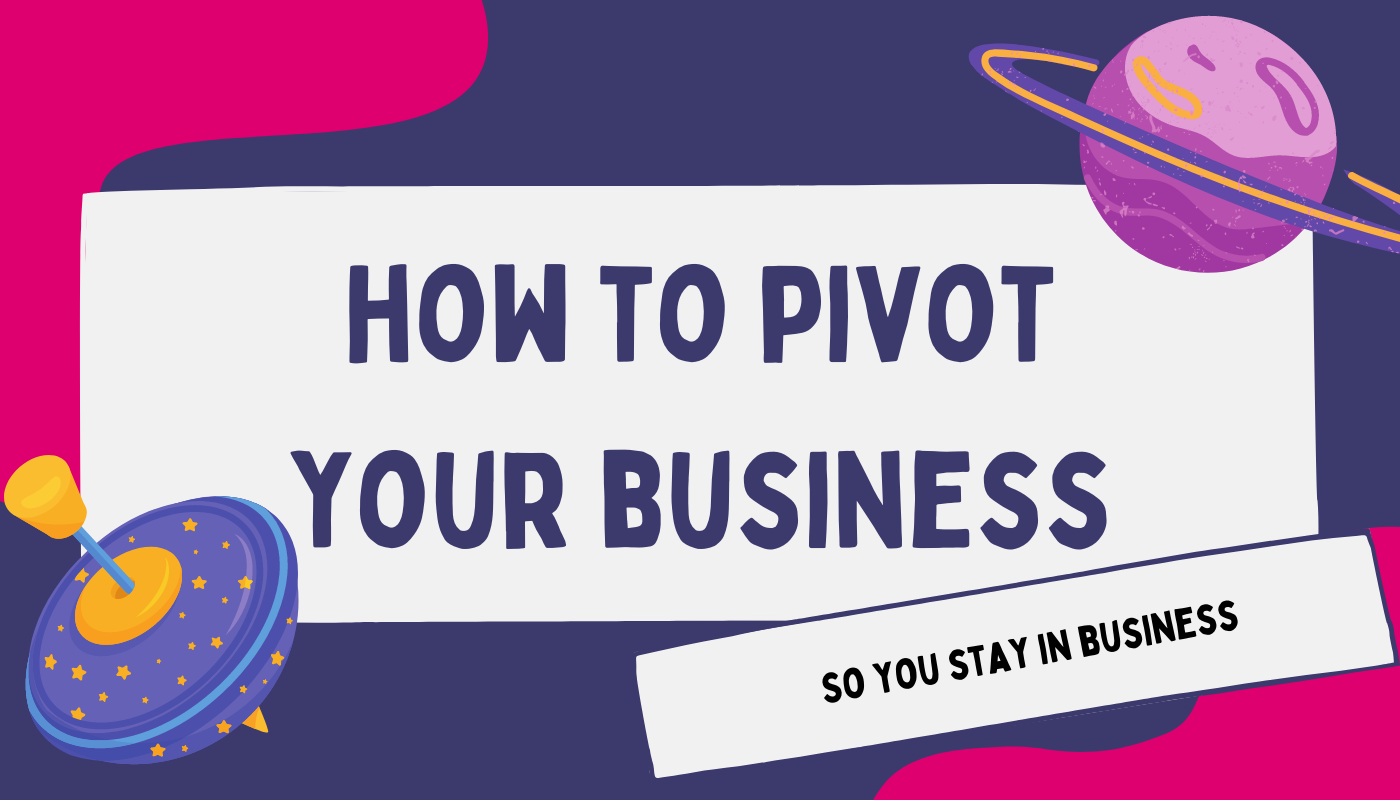If you’re at the point where you can’t take on any more work or, to grow your business, you need to hire more staff…hiring an apprentice is as good an option as any. Yes, they might not be as experienced as a fully trained potential employee, but you can mould them to fill any specialist gaps in your firm.
Getting some new blood on board can be a great investment, you just have to know what to expect. Here are the pros and cons of hiring an apprentice.
Benefits
You save money
The current Apprenticeship Levy means that businesses who qualify only have to pay 5% towards the cost of training and assessing your apprentice, and the government will pay the remaining 95%. If you hire an apprentice between 1 August 2020 and 31 March 2021, you can also claim up to £2,000 as an incentive payment.
You can delegate the low-value tasks
Apprentices will happily do the grunt work which will free your employees up to do the things of higher-value. Not only will this enable your apprentice to learn the ropes, but it will improve productivity and morale in the whole team too.
You gain a fresh perspective
If apprentices don’t have much experience, they will be able to look at your processes in a way that will make you question why you never thought of that yourself. The younger generation has strong technology skills, so you may be surprised by the new ideas they come up with.
You can bridge your skills gap
If you are finding it difficult to recruit people with certain skills that you need to move your business forward, apprenticeships can open you up to a whole new pool of applicants who you can train for this specific role.
You can improve your bottom line
Yes, apprentices are an investment initially. However, if you train and develop them right, within a year onwards, they can help improve your bottom line
Costs
You have to commit
Unlike when you hire an experienced employee, apprentices can’t hit the ground running. They need supervision at all times. You will need to dedicate significant time to training them, in even the simplest of things such as workplace etiquette, and email and phone protocol.
You have to be prepared for mistakes
Apprentices won’t know everything and maybe slower to learn than you’re used to. From the get-go, you need to be prepared for some muck ups. Use these opportunities to teach them how to learn from their mistakes and explain why things are done a certain way.
You could end up losing them
There is always the risk that your apprentice could complete their training with you but then leave to work for someone else. With that being said, however, 90% of apprentices tend to stay on after their qualification has finished.
You are put through a lengthy process
The process for hiring an apprentice isn’t quick and easy, to say the least. For this reason, you need to find a candidate that you believe will not only fit your company but will learn and grow at the pace you want to be a successful addition to your business.
You need to be aware of what is expected of you
If your apprentice is still completing their studies, you have to give them paid time off for this. You will also have to cover the cost of their training (on top of their salary) and 20% of their work hours needs to be off-the-job training.
An apprentice is a great investment (if you take the time to nurture them!)
Hiring an apprentice brings many benefits but only if you take the time to properly mentor them. If you’re aware of the drawbacks and you set aside time to really develop them in your firm, you can reap all the benefits of moulding new, young, and fresh employees.














